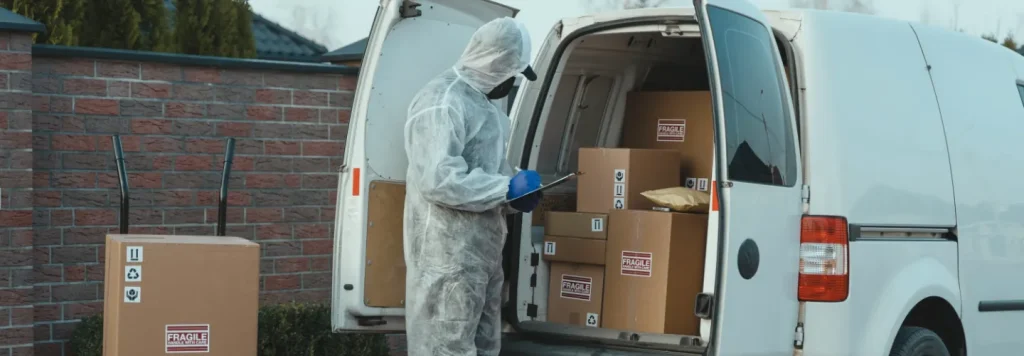When it comes to small business owners who own and drive company vehicles, one of the most crucial policies is commercial auto insurance coverage. You and your business may incur significant costs from even a brief interruption in coverage. With the help of Insureon, lets dive a bit deeper into the potential risks and penalties that can arise.
What does it mean to have a lapse in commercial car insurance coverage?
To put it plainly, a lapse in commercial auto insurance indicates that, although your small business owns and drives corporate vehicles, its coverage is no longer in effect.
Perhaps you had insurance, but forgot to make payments or that you were unaware that your personal auto coverage wouldn’t cover work use. Whatever the reason for the lapse in your auto policy, it’s critical to take immediate action to prevent a disastrous (and costly) accident.
Unfortunately, gaps in coverage are frowned upon both the law and insurance providers. Your best option is to get in touch with your auto insurance company right away to get the problem fixed or to speak with a certified insurance agent to initiate a new policy before you resume driving.
Does a grace period exist?
If your auto insurance coverage lapses, often due to a missed payment, most car insurance providers will give you a grace period to get back on track. There is usually a grace period of 10 to 20 days to make up the payment without experiencing a gap in coverage.
After the grace period expires, you may find it challenging to get your coverage reinstated, your auto insurance premiums might go up, and you might need to get a new policy.
Does a lapse in commercial car insurance coverage result in a penalty?
In every state (except Virginia and New Hampshire) it is mandated, meaning a coverage gap can result in severe penalties. Should you or an employee be involved in a vehicle accident without a current policy, you will be held financially responsible for all costs and any damage to property.
If you are pulled over or otherwise discovered to be driving without an active coverage, there are further penalties for not having insurance.
States have different fines for insurance lapses, but some examples are as follows:
- If you are found driving without business auto insurance in Texas, you may be subject to higher auto insurance rates, a $175 fine, and three years of $250 yearly surcharges.
- In California, not having auto insurance can result in higher insurance costs, having the car impounded, and a minimum $350 fine.
- Small business operators in New York who drive uninsured automobiles risk a fine of $1,500. They risk having their driver’s license and car registration suspended for at least a year if they are in an accident.
Certain state statutes are much more severe, imposing jail time or fines of up to $5,000 for a first violation.
How long is a lapse insurance recorded on your record?
When commercial auto insurance is resumed, the implications of the lapse don’t end. A failure in judgment may remain on your driving record for up to five years, depending on your state. Your premiums will probably go up if your auto insurance lapses, and it might even become more difficult to get coverage in the future. If you have a history of coverage lapses, auto insurance providers may identify you as a high-risk driver.
If my auto insurance policy lapses, what should I do?
The best course of action is to take immediate action if your insurance lapses. The following actions are necessary to address a lapse:
- Get in touch with your commercial auto insurance company. Find out what transpired, when it expired, and what steps they would recommend to have it renewed. Check to see if the lapse can result in you having to pay a late fee, a reinstatement fee, or higher rates.
- Find out how long the grace period is. Check if you qualify for the grace period to have your insurance reinstated in order to avoid having a coverage gap appear on your record. Asking if you can add any discounts or benefits to your renewed coverage may also be worthwhile.
- Do some research. Before choosing a course of action, consider your choices under your various policies and obtain insurance estimates if your insurance company is unable or unwilling to reinstate you.
To avoid more non-payment problems, it is highly recommended that you set up automatic automobile insurance payments after you have your insurance back. You (as well as your company) may save a great deal of money and trouble by not having to worry about remembering when payments are due when you set up automated payments.
Just remember: Driving while your policy is expired is strictly prohibited. Things will only get worse if you get into a vehicle accident without insurance.
How do I find the right commercial auto insurance?
If you’re local to the greater Rochester, NY region and you’re not sure what your current coverage looks like, reach out to The Feltner Group. We’re happy to work with you to find the best commercial car insurance coverage or other policies and will do what we can to help provide resources for keeping your property protected.
